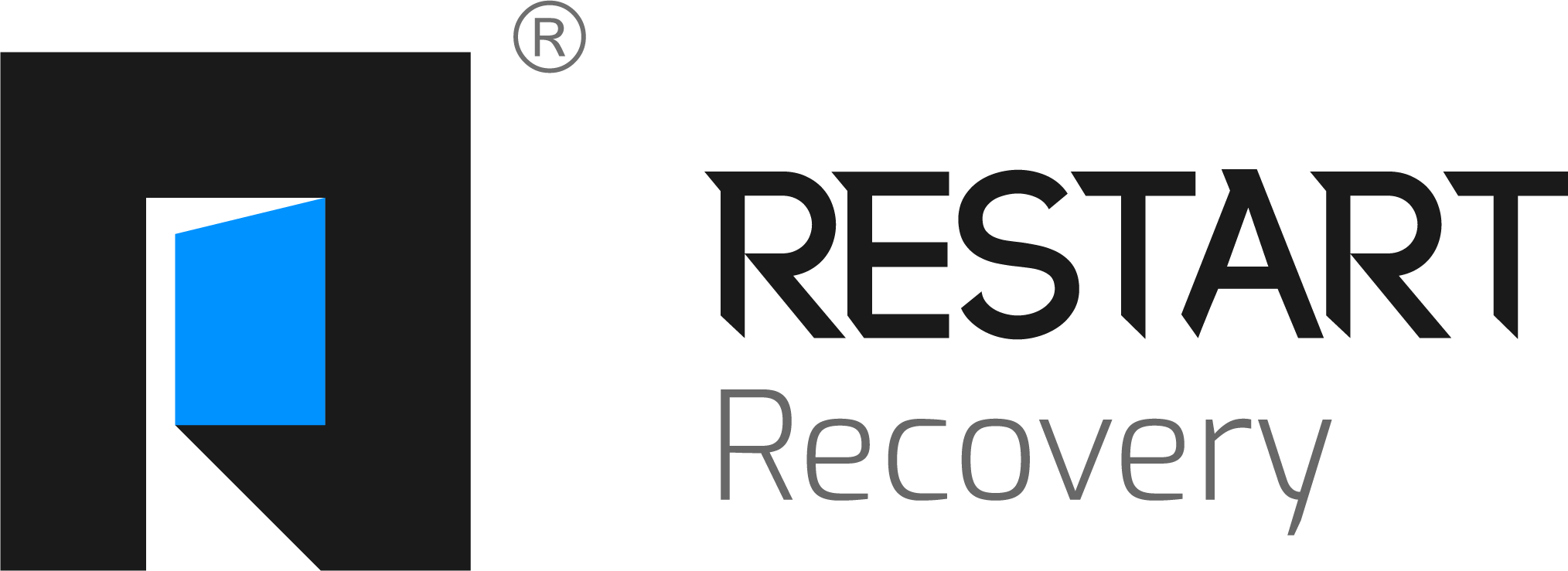I Drink Every Night. Am I an Alcoholic?
- Yasmin Maghsoudloo
- May 1, 2025
- 4 min read
Updated: Jul 29, 2025

I Drink Every Night. Am I an Alcoholic?
For many people, having a drink at the end of the day is a way to relax and unwind. A glass of wine, a beer, or a cocktail can feel like a small reward after a long day at work. But if you find yourself drinking every night, it’s natural to wonder: Am I an alcoholic?
This question may have mixed emotions—curiosity, concern, or even fear. Understanding the difference between casual drinking and problem drinking can help you determine whether your nightly habit is a cause for concern. Let’s explore the factors that define alcohol use disorder (AUD), common signs of alcoholism, and when to seek help.
1. The Difference Between Habitual Drinking and Alcoholism
Not everyone who drinks daily is an alcoholic, and it’s important to distinguish between regular drinking and alcohol dependence. Alcoholism (or Alcohol Use Disorder) refers to a pattern of alcohol consumption that involves an inability to control drinking despite negative consequences.
If your drinking habits are social, moderate, and don't interfere with your health or responsibilities, you may not have a problem. However, if you rely on alcohol to function, manage stress, or cope with emotions, it could be a sign of an underlying issue.
Key questions to consider:
Do you feel like you need a drink to relax or unwind every night?
Are you drinking more than you used to in order to feel the same effect?
Have you noticed that alcohol is starting to affect your work, relationships, or health?
2. How Much Is Too Much?
The Centers for Disease Control and Prevention (CDC) defines moderate drinking as up to one drink per day for women and two drinks per day for men. Drinking beyond this can increase the risk of developing alcohol-related problems.
However, it’s not just the amount you drink that matters—how and why you drink can also be indicators of potential issues. Here are some red flags:
Escalating consumption: Needing more alcohol to achieve the same relaxing or euphoric effect.
Inability to cut back: Feeling that you can’t reduce or stop your drinking even if you’ve tried.
Neglecting responsibilities: Missing work, family obligations, or social activities due to drinking or recovering from hangovers.
3. Warning Signs of Alcohol Dependence
Alcoholism can develop slowly and may not always be easy to identify in its early stages. However, there are several warning signs to watch for:
Increased tolerance: You need more alcohol to feel the same buzz you once did with fewer drinks.
Withdrawal symptoms: When you try to stop or reduce your drinking, you experience symptoms like anxiety, shaking, or sweating.
Cravings: You find yourself thinking about your next drink more often than you’d like.
Loss of control: You drink more than you intended or drink in situations where it’s inappropriate.
Social or physical problems: Drinking has started to affect your relationships, job performance, or physical health (e.g., frequent hangovers, sleep disturbances, or blackouts).
4. The Role of Alcohol in Stress and Mental Health
If you’re drinking every night as a way to deal with stress, anxiety, or depression, alcohol may be playing a larger role in your life than you realize. While it may offer temporary relief, alcohol is a depressant, meaning that over time, it can actually make stress and mental health issues worse.
In these situations, you might find yourself in a cycle: drinking to cope with stress or negative emotions, then feeling worse, and drinking more to numb those feelings. This pattern can quickly spiral into alcohol dependence.
5. When to Seek Help
If any of the above signs sound familiar, it may be time to reevaluate your relationship with alcohol. It’s not always easy to acknowledge, but recognizing the problem is the first step toward making a positive change.
Here are some key moments when you should consider seeking help:
You’ve tried to cut back or stop drinking but find it difficult to do so.
Your drinking has caused problems in your personal or professional life.
You experience withdrawal symptoms when you don’t drink.
Drinking has become a way to cope with stress, sadness, or anxiety.
6. How to Get Help for Problem Drinking
If you’re concerned that your nightly drinking is becoming a problem, know that you’re not alone, and help is available. Talking to a healthcare provider or addiction specialist can be the first step toward understanding your drinking habits and finding support.
Treatment for alcohol use disorder may involve therapy, support groups (like Alcoholics Anonymous), or even medication to help manage cravings and withdrawal symptoms. What matters most is taking that first step and reaching out for help.
Conclusion: Evaluating Your Relationship with Alcohol
Drinking every night doesn’t automatically mean you’re an alcoholic. However, it’s worth taking an honest look at your drinking habits and considering whether they’re affecting your health, relationships, or quality of life.
If you’re worried about your alcohol consumption, don’t hesitate to seek support. Recognizing the issue and asking for help is a sign of strength, not weakness. Whether you need to cut back or stop entirely, resources are available to help you regain control over your life.
Remember: It’s never too late to make a change for the better.
If you or someone you know is struggling with alcohol use, consider reaching out to a healthcare professional or addiction support service in your area.

